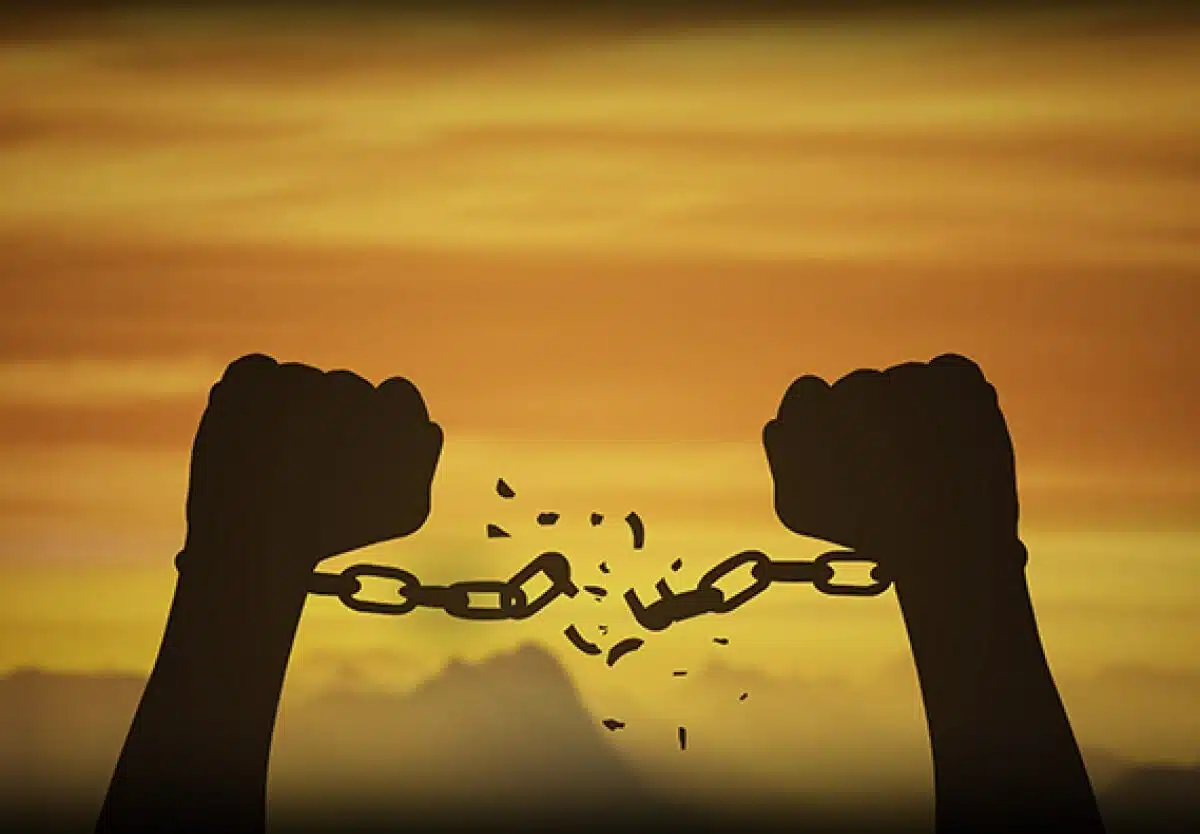- This event has passed.
Abolition of Slavery Day – February 1, 2025
February 1

The Abolition of Slavery in Mauritius, also known as Abolition Day and observed annually on February 1, commemorates the abolition of slavery in the nation. The Slavery Abolition Act of 1833, helmed by the British parliament, took effect a year later, with most British colonies freeing enslaved Africans spanning the Caribbean and South Africa. In 1835, Mauritius followed suit, officially becoming the last British colony to gain freedom. Planters were compensated with two million pounds sterling for their slave loss. Mauritius (colonized by the Netherlands), France, and Great Britain became independent in 1968.
History of Abolition of Slavery Day
Although today the tropical island with a population of 1.2 million people tops the list of luxury destinations boasting some of the most beautiful landscapes, beaches, lagoons, and reefs, Mauritius’ early beginnings show a staggering irony. Before the Arabs, the island lay uninhabited by humans. But, the history of Mauritius would not be complete without a delve into slavery. The history of Mauritius dating back to the first period lacks documentation. Hence, the earliest dates of the country’s history sink deep into the mystery.
Mauritius, said to be over 702 miles east of Madagascar, situated off the south-eastern coast of Africa, traces its roots to the discovery by Arabs and Malays in 1507 before the Europeans-Portuguese, came into the picture in 1510 naming the island ‘Cirné.’
By 1598, the Dutch took and renamed it after their head of state, Maurice, Prince of Orange, and Count of Nassau, and from there, it officially started to gain recognition in the early 16th century.
The 1640s saw the Dutch usher in the first slaves. Through the leadership of the commander of Mauritius, Adriaan van der Stel, a hundred slaves were brought. The Dutch administration meted untold treatment on slaves, and any attempt at confrontation brought dire consequences.
By the 17th century, the island played host to about 200 Dutch alongside slaves from Madagascar, Africa, India, and Java. In 1710, following no longer favorable conditions for the Dutch, they left, and the British took over in 1810. By then, the Island was made up of a great percentage of slaves from Madagascar and East Africa.
In 1834, the British Empire had already proclaimed the abolition of the slave trade following the passage of the Slavery Abolition Act in 1833, but Mauritius dragged its feet for months before the apprenticeship system convinced slave owners otherwise. They followed suit on February 1, 1835, becoming the last British colony to abolish slavery.

